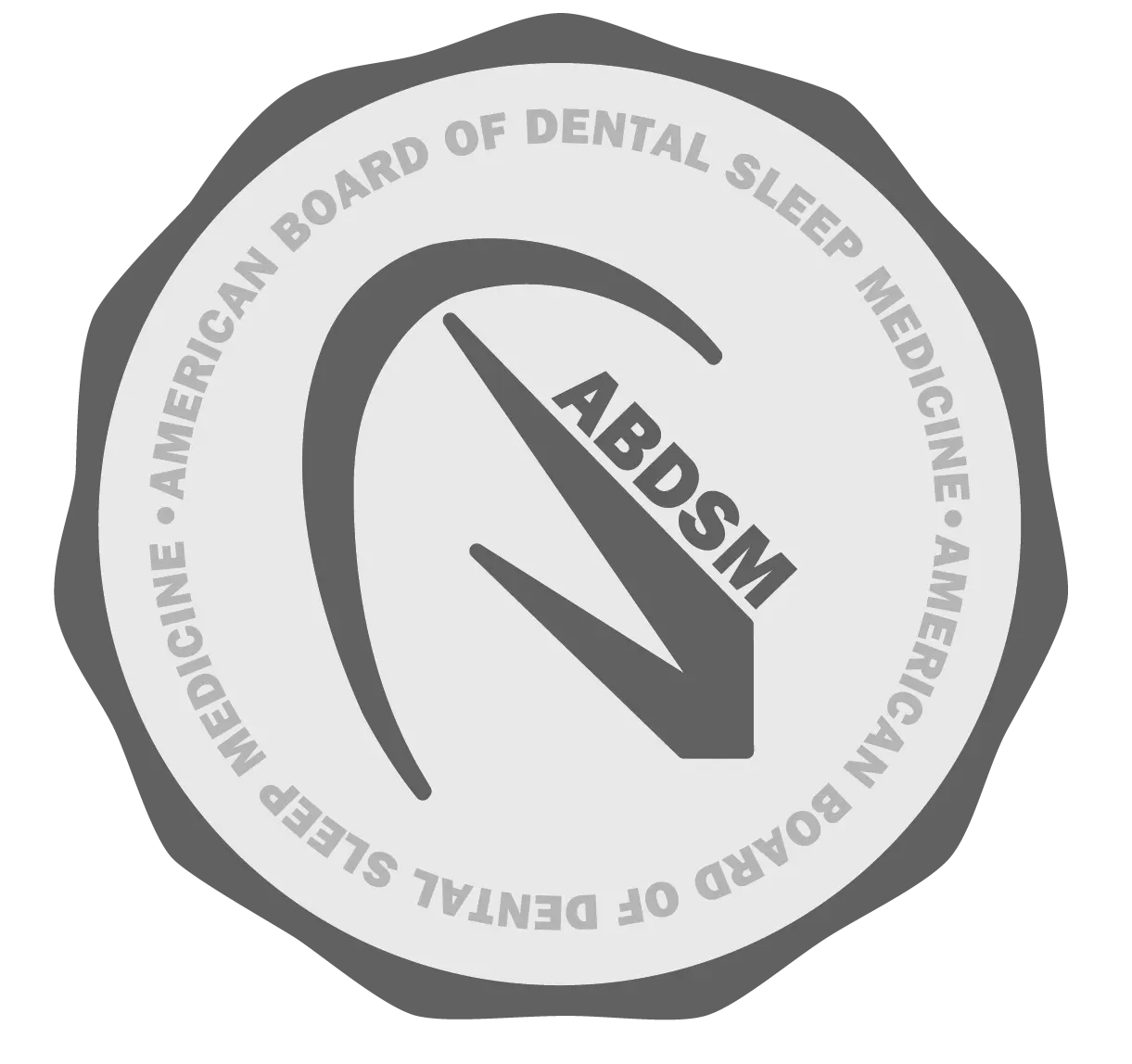Wondering “How long do dentures last? Dentures are also known as false teeth. Experiencing discomfort, a gag reflex, or noticing them becoming loose? Rest assured, you're not alone. These issues are quite common and often manageable with proper care or, in some cases, a replacement.
Understanding that dentures aren't designed to last indefinitely is key. Over time, wear and tear or changes in fit can lead to discomfort and other issues. However, before jumping to conclusions about needing a replacement, consulting your dentist is prudent. Sometimes, a straightforward denture repair can effectively address the problem and restore comfort.
While discomfort with dentures isn't always indicative of a significant issue, it's crucial to address it promptly. Reach out to the experienced team at Smoke Rise Dental to schedule an appointment at your earliest convenience. They'll assess the situation, provide necessary repairs, and discuss replacement options if necessary. Your comfort and oral health are their top priorities.
How Long Do Dentures Last?
The answer to “how long do dentures last?” varies depending on the type:
- Full Dentures: Replacing all your teeth in either the upper or lower jaw, full dentures typically last between 5-10 years with proper care.
- Partial Dentures: Designed to fill in gaps where you have some remaining teeth, partial dentures can potentially last 7-15 years or even longer.
Important Note: These are general estimates. Individual factors can significantly impact the actual lifespan of your dentures.
Factors Affecting the Lifespan of Dentures
Several factors influence how long your dentures will last. Here are the key ones to consider:
- Material: Dentures are typically made from acrylic resin or a combination of acrylic and metal. Generally, metal frameworks offer more durability, particularly for partial dentures. High-quality materials used in both the base and teeth will naturally last longer.
- Care Routine: Proper cleaning and handling are paramount. Brushing your dentures daily with a soft toothbrush and denture cleanser removes plaque and prevents staining. Avoid harsh chemicals and abrasive cleaners. Additionally, soaking your dentures overnight in a denture solution helps maintain their shape and hygiene.
- Wearing Habits: How often and how you wear your dentures impact their longevity. Taking them out at night allows your gums to rest and reduces wear on the appliance. Biting down on hard objects or using them as tools can cause cracks and fractures.
- Mouth Changes: Your mouth naturally changes over time. Bone resorption, a process where your jawbone shrinks due to missing teeth, can lead to a poor fit. Ill-fitting dentures become uncomfortable and may cause irritation. Regular dental checkups allow your dentist to assess the fit and make adjustments if needed.
- Diet: Certain foods can stain dentures or be tougher to chew, potentially causing damage. While you don't need to restrict your diet entirely, be mindful of these factors.
Signs That You Might Need a New Set of Dentures
Even with proper care, there might come a time when your dentures need replacing. Here are some telltale signs:
- Loose Fit: If your dentures feel loose or slip frequently, it indicates bone resorption and the need for a refit or new dentures altogether.
- Pain or Discomfort: Ill-fitting dentures can cause irritation, sores, and pain. This necessitates a visit to your dentist for adjustments or potential replacement.
- Cracks or Chips: Accidents happen, and dentures are not immune to cracks or chips. While minor damage might be repairable, significant cracks could necessitate a new set.
- Difficulty Chewing: Over time, dentures can wear down, affecting your ability to chew effectively. This can be a sign that new dentures are needed to restore proper chewing function.
How to Increase the Lifespan of Your Dentures?
Now that you understand the factors affecting denture lifespan, let's explore some essential maintenance tips:
- Brushing: Brush your dentures daily with a soft-bristled brush and a non-abrasive denture cleanser. This removes food particles and plaque buildup that can damage the material.
- Soaking: Soak your dentures overnight in a denture cleaning solution recommended by your dentist. This helps remove stubborn debris and keeps them fresh.
- Careful Handling: Always handle your dentures with care. Rinse them thoroughly before and after inserting or removing them. Avoid bending or dropping them, as this can cause cracks or breakage.
- Balanced Diet: Maintain a balanced diet that minimizes hard and sticky foods. These can damage your dentures or make them difficult to clean.
- Schedule Regular Dental Appointments: Visit your dentist for regular checkups and cleanings, typically every six months to a year. This allows for early detection of any problems and ensures your dentures continue to fit properly.
Denture Treatment in Stone Mountain, GA
At Smoke Rise Dental, we understand the importance of dentures in maintaining a confident smile and optimal oral health. We offer comprehensive denture services, including consultations, fittings, adjustments, and relines. Our team of dental professionals is dedicated to providing you with the highest quality care and personalized treatment.
FAQs
How often should a denture be replaced?
Regular visits to your dentist are crucial because your dentures undergo significant wear and tear over time, necessitating eventual replacement. If you're among the millions of Americans relying on dentures, you might wonder about the right time for replacement. Typically, most dentures have a lifespan of 7 to 10 years.
Should you keep dentures in water overnight?
To maintain their shape, most varieties of dentures require moisture. Soaking them overnight in water or a gentle denture-soaking solution is recommended.
Can I go a day without wearing my dentures?
We strongly advise taking out your dentures before bedtime after the initial 24 hours. This practice allows your gums to rest and maintain their health. Your gums aren't naturally meant to be constantly covered by dentures, so it's essential to provide them with regular breaks.










